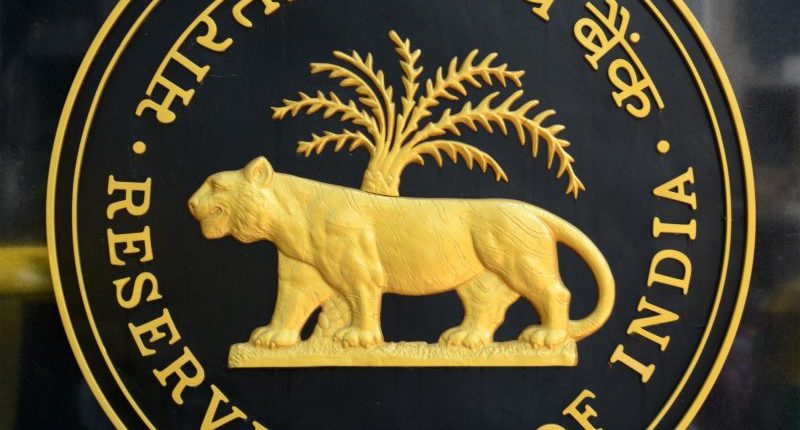The RBI, in a surprise move on May 04, 2022, hiked the repo rate by 40 basis points to 4.4%. It also hiked the cash reserve ratio by 50 basis points from 4% to 4.5%. Many bankers and investors expected RBI to hike repo rates after retail inflation spiked to 6.95% in March 2022. However, the repo rate hike was expected later this year, and the sudden out-of-turn rate hike caught investors by surprise. Central Banks in developed countries hiked interest rates to contain soaring pandemic-induced inflation in their economies. For instance, the US Federal Reserve hiked interest rates by 50 basis points. How does the RBI repo rate hike impact you?
Why did the RBI hike the repo rate?
For several months post the pandemic, the RBI focused on economic growth despite surging inflation. However, the RBI is now looking at containing rising inflation after economists expect retail inflation to hit 7.5% in April on the back of rising petrol and diesel prices.
The RBI on Wednesday hiked the repo rate by 40 basis points to control surging inflation due to the pandemic and the Russia-Ukraine crisis. The repo rate is the rate at which RBI lends money to commercial banks when there is a shortfall of funds.
Raising the repo rate helps the RBI suck out excess liquidity from the economy to bring inflation under control. The RBI has also hiked banks’ cash reserve ratio by 50 basis points to 4.5%. It is the percentage of a bank’s total deposits that it must deposit with the RBI as reserves. Moreover, as banks park more money with the RBI, it leaves them with less money to lend to customers.
How does the RBI Repo rate hike impact you?
The RBI repo rate hike impacts people who avail secured and unsecured loans. For instance, the rate hike will impact borrowers of car loans, personal loans, home loans etc. If you have availed of a home loan, the RBI repo rate hike will affect your Home Loan EMIs.
Banks must link floating-rate retail loans to an external benchmark such as the RBI repo rate. For instance, banks fix the home loan rates for customers based on the repo rate plus a spread that includes operating cost and credit risk premium.
While banks fix the credit risk premium based on the borrower’s credit profile, the repo rate is in the hands of the RBI. Your home loans will become costlier as banks hike the marginal cost of funds based lending rate (MCLR). It is the minimum rate below which the banks cannot lend. ICICI Bank and Yes Bank have already hiked MCLR after the RBI repo rate hike, and more banks could follow soon.
However, the repo rate hike is good news for people who invest in bank fixed deposits. Banks will hike FD rates to attract more funds from investors. For instance, many banks in India have already raised FD rates across tenures. Moreover, the government may soon hike small savings schemes rates such as PPF, NSC, etc.
The repo rate hike will impact consumer durables, the housing segment and the banking sector. Moreover, rate hikes affect cyclical stocks such as banking, automobile manufacturers, hotels, etc. In a nutshell, RBI has decided to focus on controlling inflation even at the cost of economic growth by hiking the repo rate.
For any clarifications/feedback on the topic, please contact the writer at cleyon.dsouza@cleartax.in

I write to make complicated financial topics, simple. Writing is my passion and I believe if you find the right words, it’s simple.





